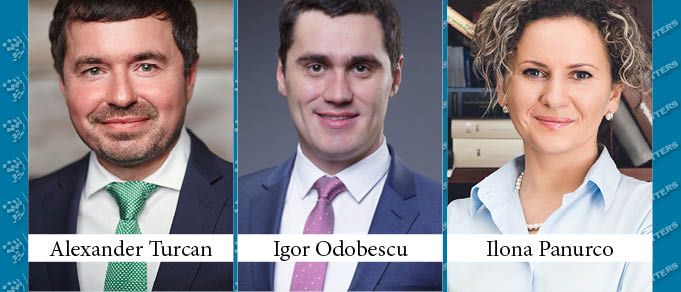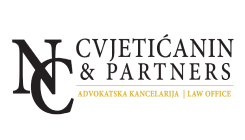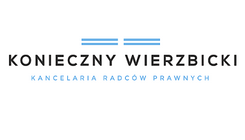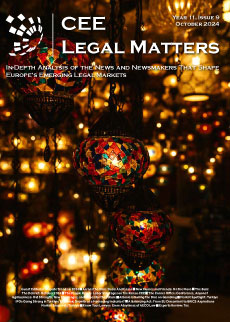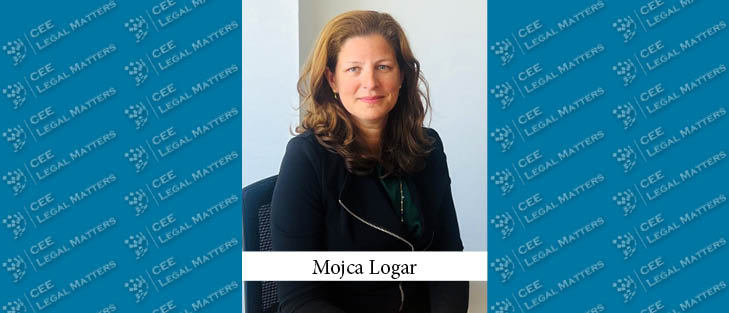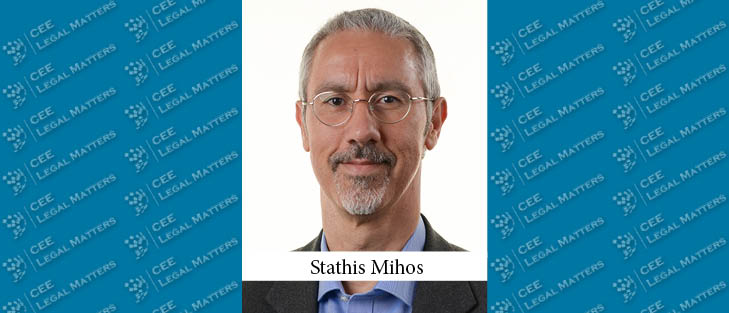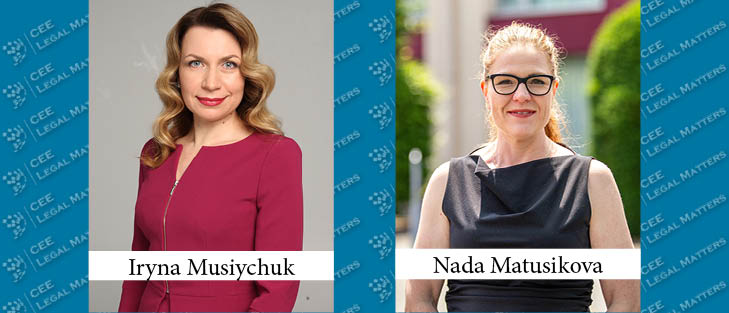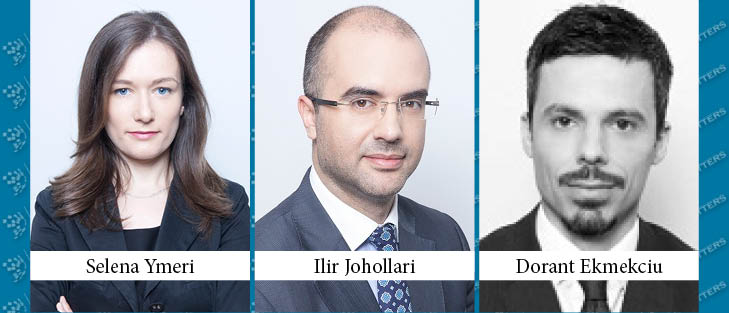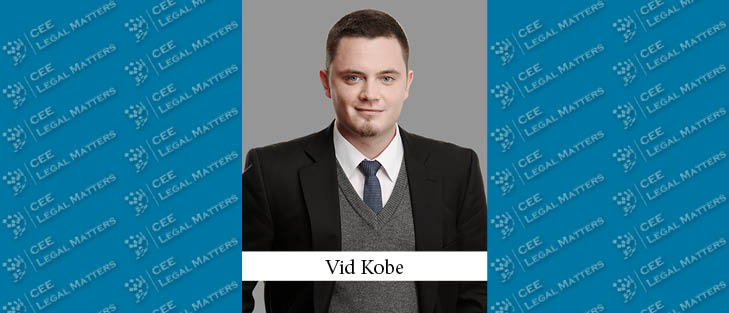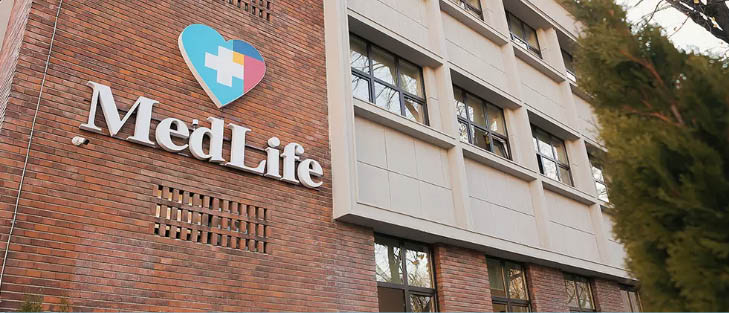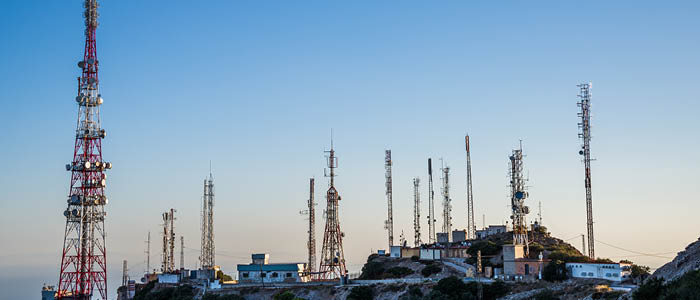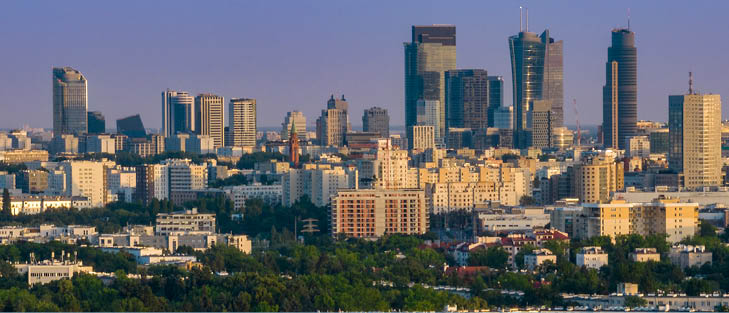The landlocked former Soviet republic struggles to move beyond political division and geopolitical pressures to find a steady and reliable path to prosperity.
Packed between two worlds – the safe and familiar CIS block and the tempting treasures of the EU – Moldova has yet to decide which path to choose – a decision that with great significance for the country’s political and economic destiny. At the same time, Moldova is struggling, as always, with long-standing internal economic and political challenges.
A Split Mind
Perhaps inevitably, the clash of national narratives from the Soviet past and the independent present have seeped into Moldova’s recent parliamentary elections. Unable to decisively move forward, the country has not had a functioning parliament since the February 24, 2019 election, with neither party able to meet the necessary electoral threshold (33% of the vote) to form a new government. The pro-Russian Party of Socialists of the Republic of Moldova, which obtained 31.1% of the vote, came closest, with the Democratic Party of Moldova (23.6%) and the Party of Action and Solidarity (26.8%) coming in second and third, respectively.
“Currently there is no certainty as to how the relationship with Russia will develop. There were many cases when Russia changed rules overnight and goods were seized and destroyed for imaginary reasons.”
Subsequently, negotiations among the parties to form a coalition government have failed, and on May 22, 2019, President Igor Dodon asked the country’s Constitutional Court for authority to dissolve the Parliament. In the meantime, the lack of a functioning government, in the words of Turcan Cazac Managing Partner Alexander Turcan, has “caused internal political instability.”
And not only political. Efrim, Rosca & Asociatii Senior Lawyer Ilona Panurco notes that the instability is causing a frustrating lack of predictability and sustainability for businesses as well.
Neither Fish Nor Fowl
Famously, the country’s ties with both the EU and Russia pull Moldova back and forth between the two, with the country’s economy and politics suffering as a result. According to the World Bank, with a 2018 GDP per capita of only USD 2,274, Moldova is the poorest country in Europe, right behind neighboring Ukraine.
In its efforts to improve its relationship with the EU, according to ACI Partners Managing Partner Igor Odobescu, Moldova joined the EU’s Eastern Partnership in 2009, and in 2014 the country entered into the EU-Moldova Association Agreement, which included the introduction of a Deep and Comprehensive Free Trade Area. This latter move in particular led Russia to impose import restrictions on Moldovan produce. Still, despite the sanctions, approximately ten percent of Moldovan exports continue to go to Land of the Tsars. “Currently there is no certainty as to how the relationship with Russia will develop,” Odobescu says. “There were many cases when Russia changed rules overnight and goods were seized and destroyed for imaginary reasons.”
In any event, Russia’s role is hardly limited to receiving agricultural imports. As Moldova imports all of its supplies of petroleum, coal, and natural gas, Russian fossil fuels – which accounted for over 75% of Moldova’s supply in 2017 – has been a significant element in its relationship with Moldova for decades. Unsurprisingly, this relationship has had a profound effect on Moldova’s political decisions. “We are a very small country and totally dependent on energy resources from Russia,” Odobescu says. “They are using this tool to influence some of our decisions and we depend on the will of Russian politicians.”
Moldova is working to diversify its energy supply, and the country has recently signed an agreement with Romanian natural gas transporter Transgaz to construct a 120-kilometer pipeline into the country from the EU. As a result, Alexander Turcan says, “we will have the option to buy gas from not only a traditional channel, which is coming from the East, but also from a channel coming from the West.”
Still, Turcan suggests that Russian influence in Moldova might actually be increasing, pointing to the recent presidential elections in Ukraine. According to him, “the politics of new President Volodymyr Zelensky, who is more open towards Russia than President Poroshenko, may consolidate Russia’s politics and influence Moldova even more.”
In addition, President Dodon has pushed his country towards the East, last year securing “observer” status for Moldova in the Eurasian Economic Union, which consists of member states Russia, Belarus, Kazakhstan, Armenia, and Kyrgyzstan.
The EU Alternative
In part as a result of Russia’s influence on the country, Ilona Panurco sighs, “the prospects of joining the EU are getting more remote, because the political powers – the parliament and the president – have different targets.” And EU accession is not merely a matter of Moldova’s political choices anyway, according to Alexander Turcan, who notes shifting priorities in the EU have slowed its expansion as well. “We are in a special economic relationship with the EU and our government is always trying to get into the EU,” he says. “Yet generally the public does not believe that EU accession will happen in the near future, and nobody is really hoping for it.”
Whether accession is likely in the near future or not, Moldova continues to make efforts to bring the country’s rules and regulations in line with EU directives, coinciding with the government’s general pro-business tendencies. Among the most recent major reforms in the past 15 years is the country’s newly-modernized Civil Code, which Odebescu describes as now being “one of the most modern codes in the region.” The newly-revised Code includes new requirements for insurance contracts, contracts for deposit, loan, and mortgage agreements, and investment and ownership procedures. “The Civil Code provides a level of contractual freedom that was not previously possible,” says Panurco. “This means lawyers will be more creative in drafting contracts for their clients.”
Although Panurco notes that overall FDI is not increasing in Moldova, she reports that the country’s automotive, energy, IT, and renewable energy sectors are growing, and points out that automotive suppliers Lear Corporation, DRA Draexlmaier Automotive, and Gebauer & Griller have recently established plants in Moldova’s free economic zones.
Turcan believes that Moldova is an attractive market for investors in the automotive sector for its combination of geographic proximity to EU producers and relatively low costs. “This is how Moldova is competitive in this particular market,” he says, pointing to data showing that the sector is now among the top ten export categories in Moldova. Indeed, that growth is remarkable. According to Invest Moldova, the total export in the automotive industry in 2017 grew 37.1% from the year before, and it now accounts for 14% of all the country’s exports.
The IT sectors is also thriving in Moldova, Turcan reports, with more and more investors joining the Moldova IT Park – the country’s first – which was launched on January 1, 2018 and established for a period of ten years.
Finally, Moldova’s latest step towards economic growth is the Moldova Citizenship-by-Investment program, which focuses on attracting foreign capital and investment, and which provides, in Turcan’s words, “a foreign person looking for citizenship immigration one more option.” The MCBI program claims to provide visa-free access to 122 destinations, including the countries in Europe’s Schengen Area and both Turkey and Russia. As a result, Turcan says, a variety of businesses which otherwise would have little interest in Moldova, are showing interest in citizenship in the country, making the Moldovan passport “among the most affordable in Europe.” In addition to the low cost, Moldovan passports are prepared especially quickly, he adds. “EU citizenship is generally available within a year and a year and a half, while Moldovan is within three or four months,” he says.
As a result, Turcan reports that the country is expected to receive over EUR 1 billion in the coming four to five years from citizenship immigration alone. “It is expected to bring more money into the economy without actually spending resources,” he says, “as the country only gives out citizenship, it does not sell resources, and it also allows people working in the service industry to generate additional income.” He describes it as a win-win for economy and local business.”
Conclusion
Ultimately, despite the political clutter, Moldova continues to try to find a way to economic growth and navigate safely between two competing worlds. “The main challenge for Moldova is to identify and grow its global competitive advantage,” says Turcan. It remains to be seen how one of the poorest European countries will break through its challenging domestic landscape and what path it will take to sustainable growth.
This Article was originally published in Issue 6.5 of the CEE Legal Matters Magazine. If you would like to receive a hard copy of the magazine, you can subscribe here.

